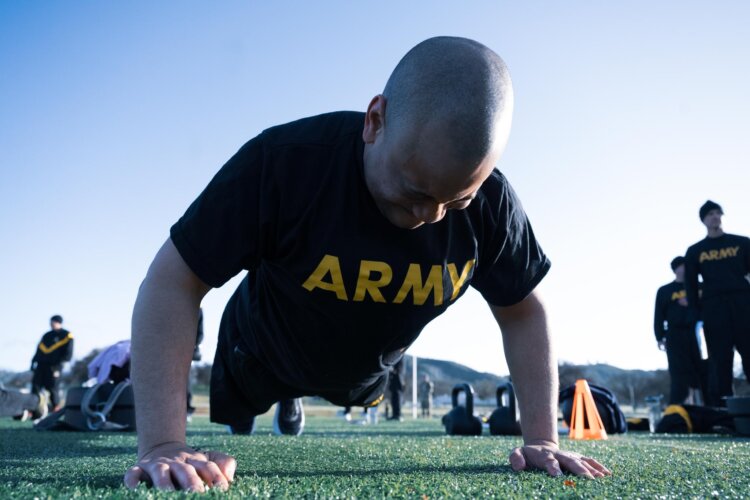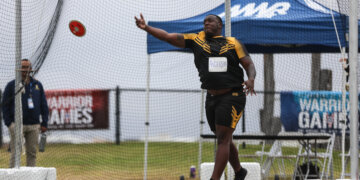A new report sheds light on the health of the reserve component with researchers estimating 68% of the force “are overweight or have obesity.”
The findings, which were published by the American Security Project (ASP), cite some of the “unique challenges” the reserve component faces as compared to active-duty counterparts, including:
- inconsistent health insurance coverage,
- reduced access to obesity care providers, and
- a lack of centralized health data.
The report notes that while active-duty personnel, reservists and guardsmen can all face weight-related issues, the part-time nature of the latter’s service creates “logistical and lifestyle challenges” that should be considered when “crafting policy to prevent and treat obesity.”
“ … a one-size-fits-all approach will not be effective in the military’s fight against obesity,” the “Ready the Reserve” report concluded.
Secretary of Defense Pete Hegseth reacted to the report on X.
“Completely unacceptable.
This is what happens when standards are IGNORED — and this is what we are changing. REAL fitness & weight standards are here.
We will be FIT, not FAT.”
The same month ASP released its data, the Army announced the establishment of the Army Fitness Test (AFT), replacing the Army Combat Fitness Test that was implemented in October 2020.
The five-event AFT is designed to enhance soldier fitness, improve warfighting readiness, and increase the lethality of the force, according to a release by the Army Public Affairs.
Soldiers will complete a three-repetition maximum deadlift, hand-release push-ups Army extension — a full extension of the arms and then returning to the starting position before beginning the next consecutive rep — a sprint-drag-carry event, plank and a two-mile run.
Phased implementation of the AFT began June 1, with new scoring standards for soldiers in 21 combat MOSs taking effect on January 1, 2026 (active component) and June 1, 2026 (reserve and National Guard).
For the latest fitness test, combat specialty service members must achieve a minimum of 60 points per event and an overall minimum score of 350, according to the U.S. Army’s release. Those in combat-enabling specialties must attain a score of at least 60 points per event and an overall minimum score of 300.
The release added that the Army will continue to monitor the impact of the new standard on readiness, retention and end strength. Analysis by the RAND Corporation, a nonprofit, nonpartisan research organization providing leaders with information to make evidence-based decisions, and Army data from nearly 1 million test records helped inform the new standard.
The ASP report posited that the very nature of part-time service can be a contributing factor to health issues facing reservists and guardsmen.
“ … the reserve forces’ part-time status results in reduced levels of military oversight and less frequent medical and physical assessments for National Guard and reserve personnel,” ASP researchers stated. Limited access to on-base fitness facilities and equipment are also mentioned.
The organization’s recommendations to decisions makers on how to address its report’s findings include: ensuring consistent physical health assessments, improving data collection, funding reserve-specific obesity studies and reducing barriers to health care access.
Read the full report here.
Read comments






























